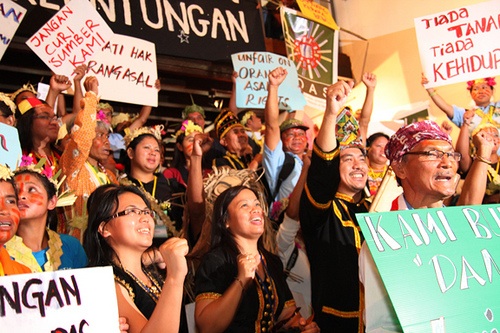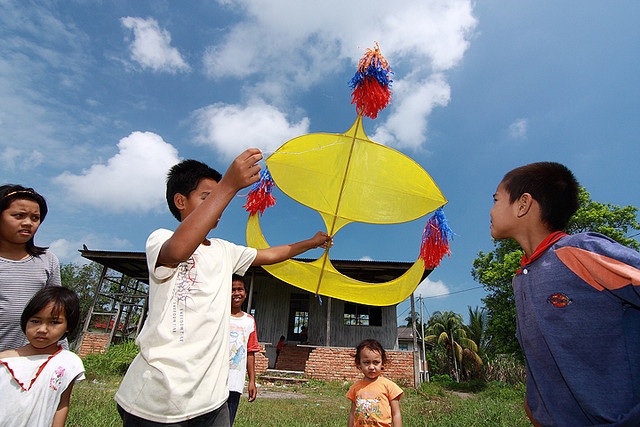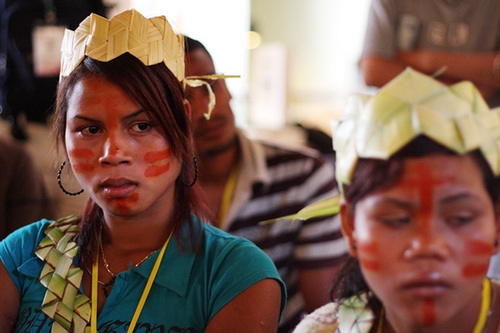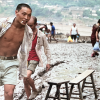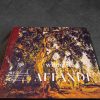By: Melissa Lin
In recent years, Malaysian people have been placed head to head with each other. The reality of different ethnicities, culture and faiths co-existing have always been a source of pride for Malaysians, though resentments and tensions have arisen over the ruling party UMNO’s favoritism of the ethnic Malays. Amid tensions, progressive and liberal Malaysians push for engendering a national mindset to collectively think and act first and foremost as Malaysians.
Multi-lingual, multi-cultural and multi-racial Malaysia is called home by the Malay people and Indigenous people, together known as the “Bumiputeras”, or son of the soil. Chinese and Indians make up most of the rest of the population.
Tracing back cultural influences to Malaysia’s early history, one will find Hindu Buddhist, Chinese, Arab and Western Christian influences that have left their indelible impression on Malaysian culture. These cultural spectrums, while remaining distinct, mutually influence each other.
The Baba Nonya culture is an example of this conflation. The earliest Chinese settlers on the straits of Malaya, the Baba Nonyas intermarried with local the local community and created their own, and new culture, one that fuses both Malay and Chinese elements.
Endangered Indigenous Groups
Indigenous groups in Malaysia comprise of over 60 main ethnic groups and numerous other subgroups. Each group has their own language, lifestyle and culture. Though the oldest known inhabitants of Malaysia, the Indigenous or ‘Orang Asli’ people are the most marginalized. Illegal and legal logging activities have forced many Orang Asli to relocate.
Visiting one of the main indigenous groups, the Iban, or “Sea Dayak” longhouses, one may experience Malaysian hospitality at it’s best. Tuak, or homemade rice wine is usually served to the visitor. Headhunters in the past, Iban people are warriors, and skilled at the arts of carving, weaving, building long houses and hunting. By themselves and with the help of non-governmental organizations, they are frequently caught up in a battle with loggers.
Malaysia: Racial Tensions and political campaigns
Problems faced by the indigenous groups, along with other political tensions have been on the rise in recent years in Malaysia. The ethnic and the race card is a favorite political tactic used by politicians to incite racial sentiments and to win votes.
The opposition party, PKR, in 2007-2008 began their campaign by decrying the UMNO’s favoritism of the Malays. They proposed instead, meritocracy and equality amongst the races.
This year, Prime Minister, Najib Tun Abdul Razak from UMNO launched a similar nation wide campaign, 1 Malaysia, stressing the same values, and calling for harmony amongst the races.
This is seen by some political observers as a political move to assuage Malaysian people who question the ruling government’s racist policies.
Leading up to the elections in 2008 was the massive 2007 HINDRAF or Hindu Rights Action Force rally. HINDRAF, which began as a coalition of Hindu non-governmental organizations, committed to the ‘preservation of Hindu community rights and heritage.’ This rally was organized to decry government policies favoring the ethnic Malays.
Sharing Heritage, History and Destiny
Amidst these tensions, civil society groups, Malaysian intellectuals, artists and musicians have banded together to address, and to push for a future together as Malaysians bounded by a shared heritage, history and destiny. Moving away from racial profiling and identification by race, Malaysian people may revel in and celebrate our rich diversity, engendering a national mindset to think and act first and foremost as Malaysians.
A start would be to accept each others differences and strife for unity from that acceptance. Also religion is a powerful vehicle for dividing people and discrimination. Malaysia as an Islamic state is not without its problems and has to be closely monitored by its people.

